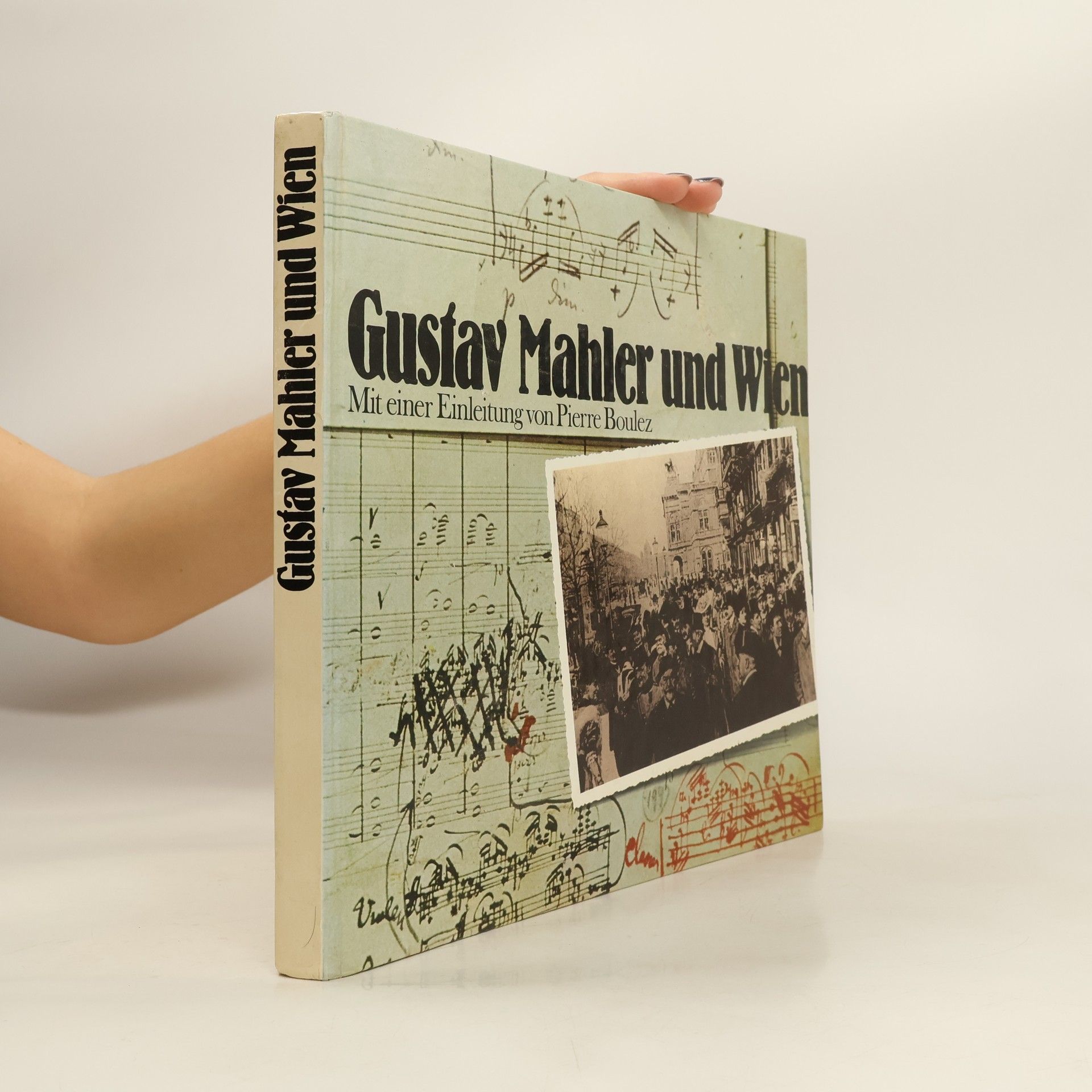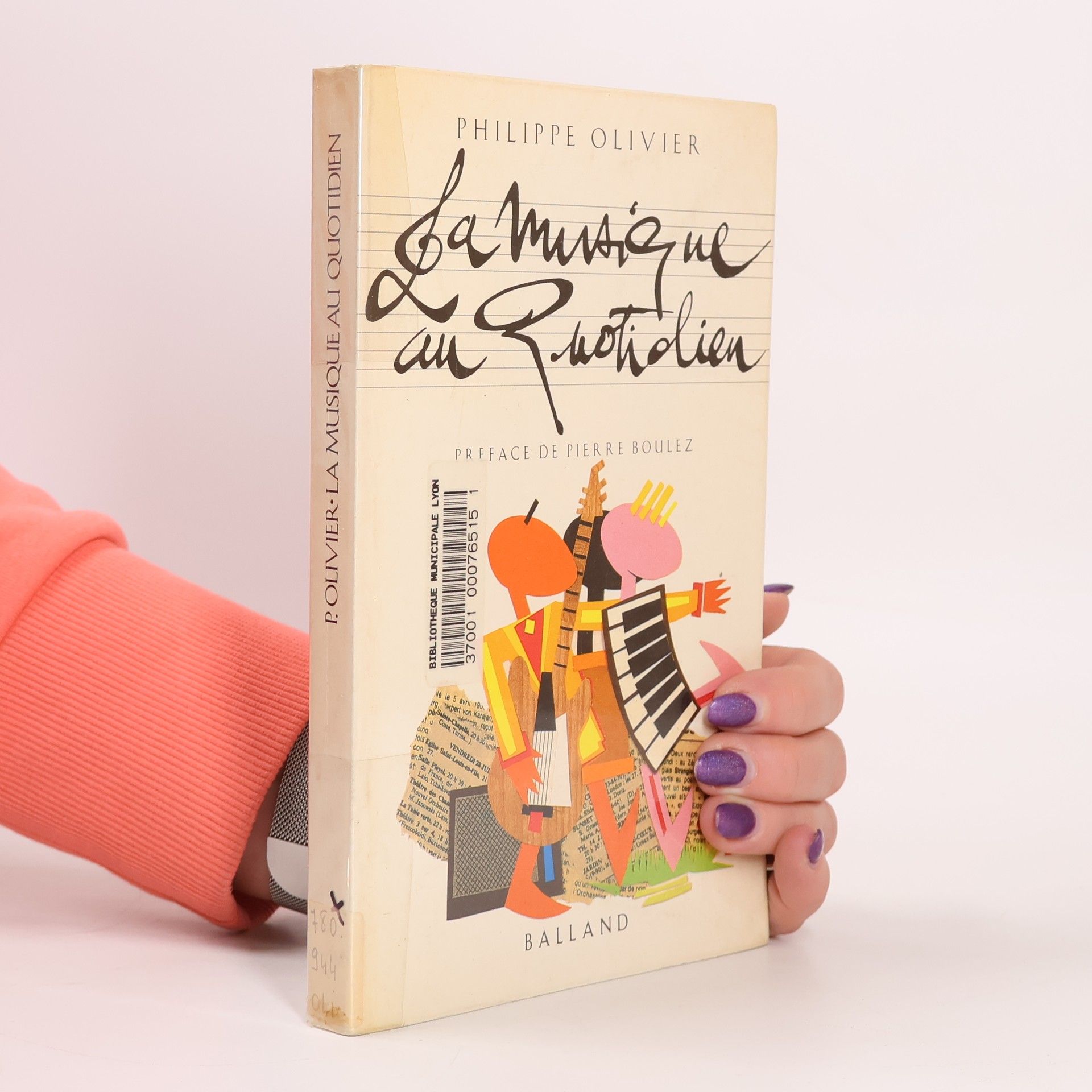Pierre Boulez is arguably the single most influential - and controversial - figure in the world of contemporary music. As composer, conductor and personality, his challenging views of modern developments are lent a special authority by his very high standing as an interpreter of great composers like Wagner, Debussy, Bart k and Stravinsky. This collection of writings enhances his unrivalled reputation as a lucid and compelling expositor of the modern composer's world.
Pierre Boulez Books
Pierre Boulez was a French composer, conductor, and writer who emerged as one of the dominant figures in the post-war classical music landscape. He profoundly influenced numerous musical institutions, shaping the direction of modern music through his innovative approach. His extensive body of work is recognized for its intellectual depth and rigorous artistic vision.

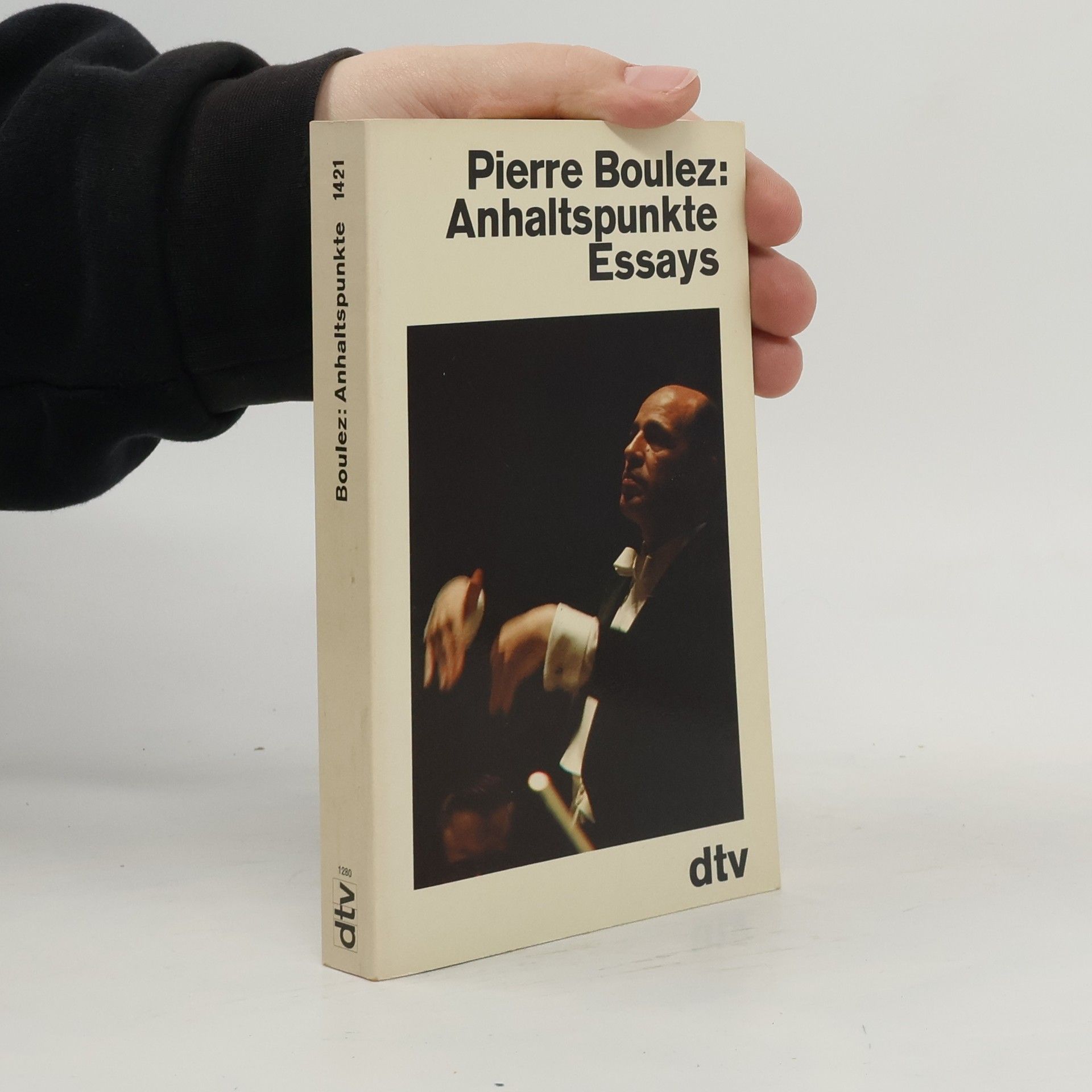
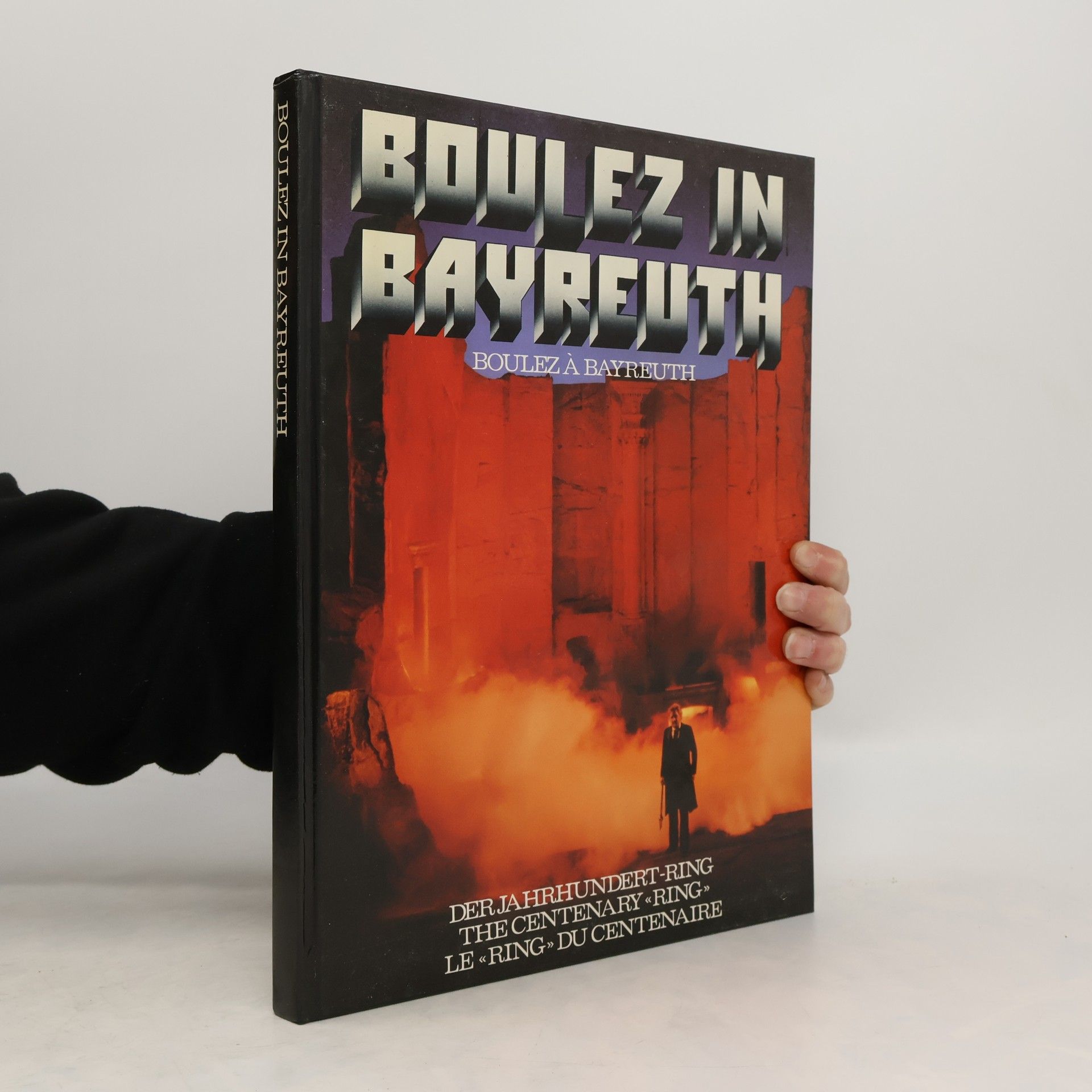

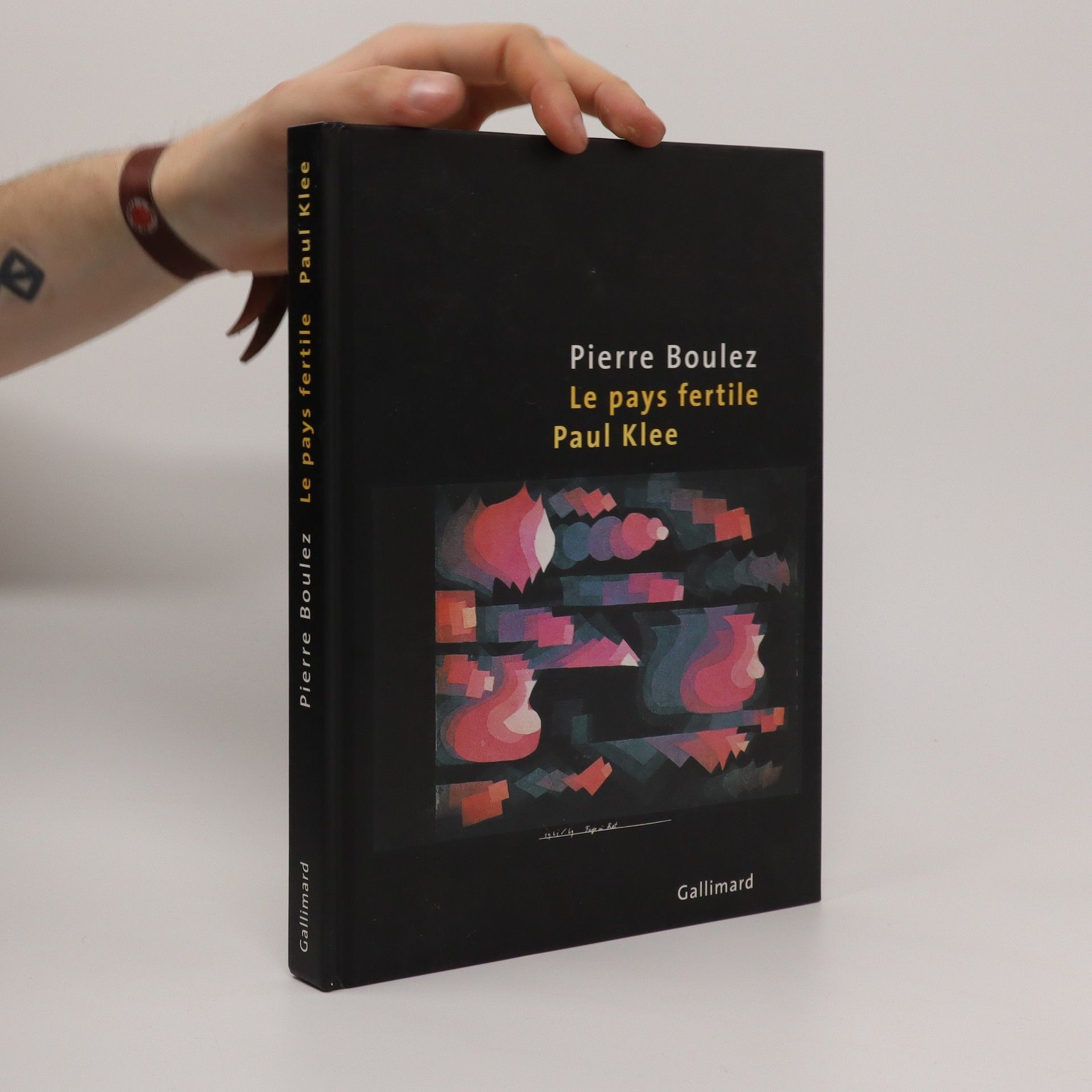
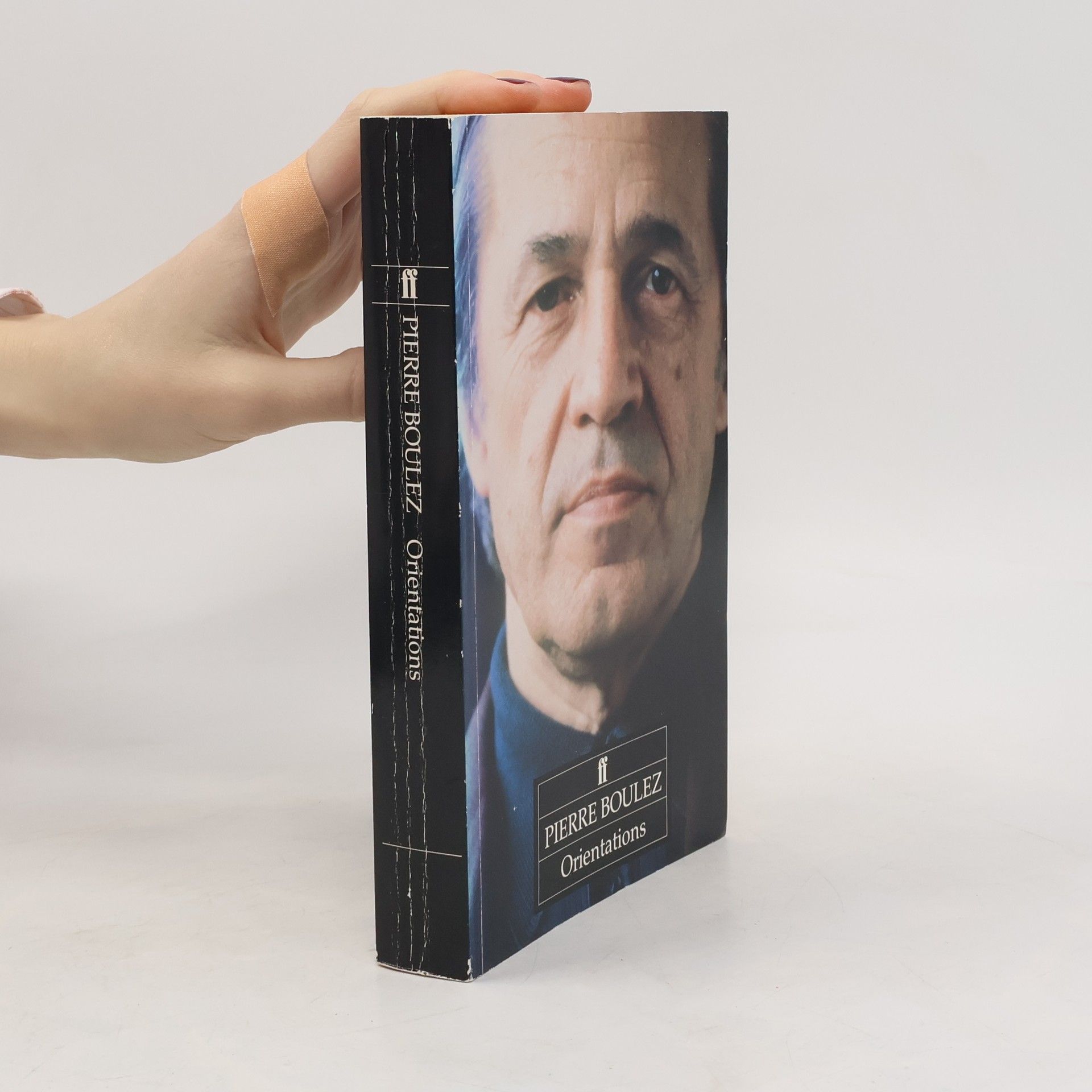
Werkstatt-Texte
- 286 pages
- 11 hours of reading
Collection of articles by Pierre Boulez, in German translation:Vorschläge( Propositions)Möglichkeiten (Éventuellement…)Einsichten und Aussichten (Recherches maintenant)Nachsicht und Fernsicht (…Auprès et au loin)An der Grenze des Fruchtlandes (À la limite du pays fertile)Tendenzen — 1957 (Tendances de la musique récente)Alea (translated by Heinz-Klaus Metzger)Ton und Wort (Son et verbe)Ton, Wort, Synthese (Son, Verbe, Synthèse)Sprechen, Singen, SPielen (Dire, Jouer, Chanter)Über den Sprechgesang (Note sur le Sprechgesang)Dichtung — Mittelpunkt und Ferne (Poésie — Centre et Absence — Musique)Zu meiner dritten Klaviersonate (Sonate — que me veux-tu ?)Wie arbeite die musikalische Avantgarde? (Comment travaille l’avantgarde aujourd’hui ?)Disziplin und Kommunikation (Discipline et communication)Ästhetik und Götzendienst (Esthétique et les Fétiches)Geschmack und Funktion (Le Goût et la Fonction)Zehn Jahre danach (Dix ans après)and contributions to Encyclopédie de la Musique.
Der "Ring"
- 255 pages
- 9 hours of reading
Wille und Zufall
- 174 pages
- 7 hours of reading
Gustav Mahler in Wien
- 160 pages
- 6 hours of reading
Gustav Mahler Asktuell? / Von Pierre Boulez -- Wien Zur Zeit Gustav Mahlers / Von Hilde Spiel -- Gustav Mahlers Wege Nach Wien / Von Henry-louis De La Grange -- Gustav Mahlers Sommerfrischen / Von Gottfried Scholz -- Gustav Mahler Als Hofoperndirektor / Von Marcel Prawy -- Gustav Mahlers Persönliche Wiener Biographie / Von Henry-louis De La Grange -- Gustav Mahler Und Die Wiener Philharmoniker / Von Sigrid Wiesmann -- Gustav Mahlers Schaffen Der Wiener Jahre / Von Friedrich C. Heller -- Gustav Mahlers Abschied Und Wiederkehr / Von Wolf Rosenberg. Texte, Pierre Boulez ... [et Al.] ; Red., Sigrid Wiesmann ; Gestaltung, Jaroslav Krejci. On Spine: Gustav Mahler Und Wien. Includes Bibliographical References.
La musique au quotidien
- 227 pages
- 8 hours of reading
French

